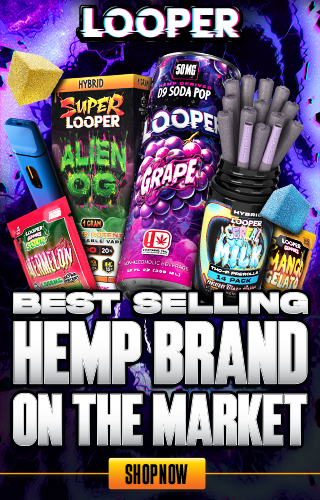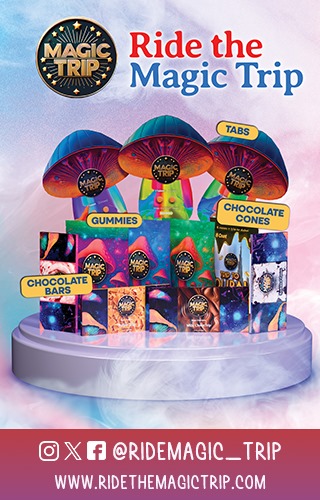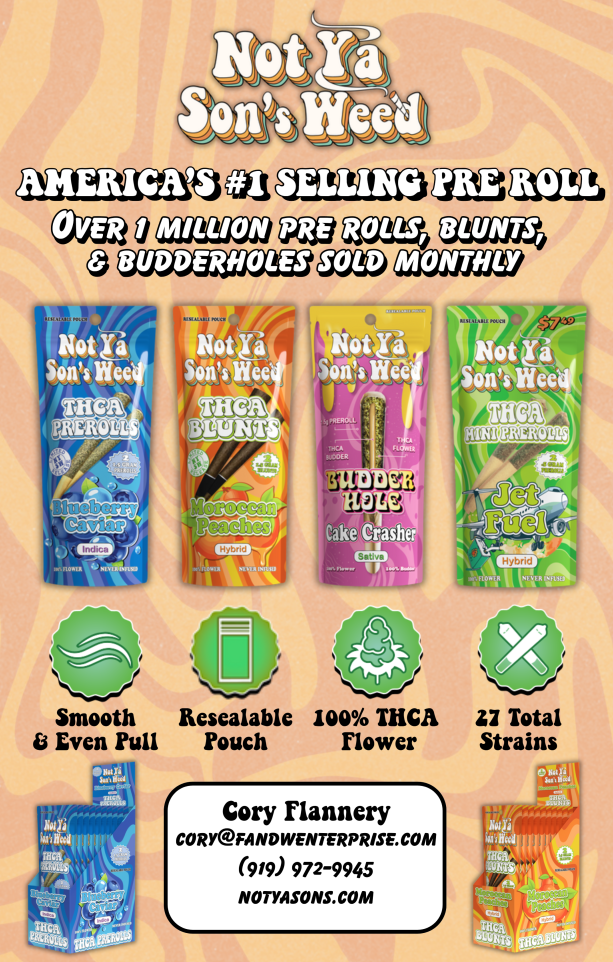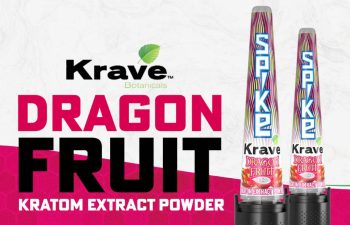Get ready for a fizz-ical twist in the world of cannabis-infused beverages as Health Canada pops the cap on new regulations. In an effort to prevent any sweet seduction of young taste buds, the regulatory authority is sending with requests to federally licensed cannabis producers, asking them to nix certain soda-pop-inspired words from their product labels and promotions. So long, “soda,” “cola,” “root beer,” and “ginger ale”! These carbonated terms are just too tempting for the younger crowd, according to Health Canada’s stringent labeling and promotions requirements.
But this crackdown isn’t just a minor ripple—it has the potential to send shockwaves through the thriving market of carbonated cannabis beverages. Currently reigning as the top choice for cannabis-infused drinks, these bubbly concoctions make up a staggering 60% of all cannabis beverage sales. According to an analysis by Seattle-based market analytics firm Headset, approximately half of the best-selling carbonated cannabis beverages could be impacted by these regulations, leaving the industry bubbling with uncertainty.
Industry insiders are voicing their concerns. George Smitherman, CEO of the Cannabis Council of Canada, finds himself perplexed by these latest actions. He argues that while the array of beverages available to adults in restricted stores has vastly improved, many companies could face dire consequences due to these seemingly arbitrary restrictions. The frustration is shared by other industry executives, who worry about the potential impact on the marketing and labeling of infused beverages.
Responding to queries, Health Canada acknowledged the ongoing communication with the cannabis industry regarding beverages containing “soda” terms in their name. According to a spokesperson, the decision to deem a product appealing to young people is based on various factors, including shape, color, smell, flavor, name, and presentation to consumers. The terms “soda,” “cola,” “root beer,” and “ginger ale” are considered potentially attractive to youth due to their association with soft drinks, which are explicitly prohibited under the policy statement.
In an email sent to licensed producers, Health Canada emphasized its position that the use of such terms may result in the sale of cannabis products with packaging or labeling that contravenes regulations. Non-compliance could lead to enforcement measures being taken by Health Canada to address the issue and ensure public health and safety.
As the cannabis industry grapples with this regulatory carbonation conundrum, the search for alternative naming and labeling strategies begins. The fate of the carbonated cannabis beverage category hangs in the balance, as producers strive to find innovative ways to satisfy Health Canada’s requirements while keeping consumers informed about their products. It’s a challenge that will undoubtedly shake up the industry, leaving us eager to see how this flavorful saga unfolds.
















